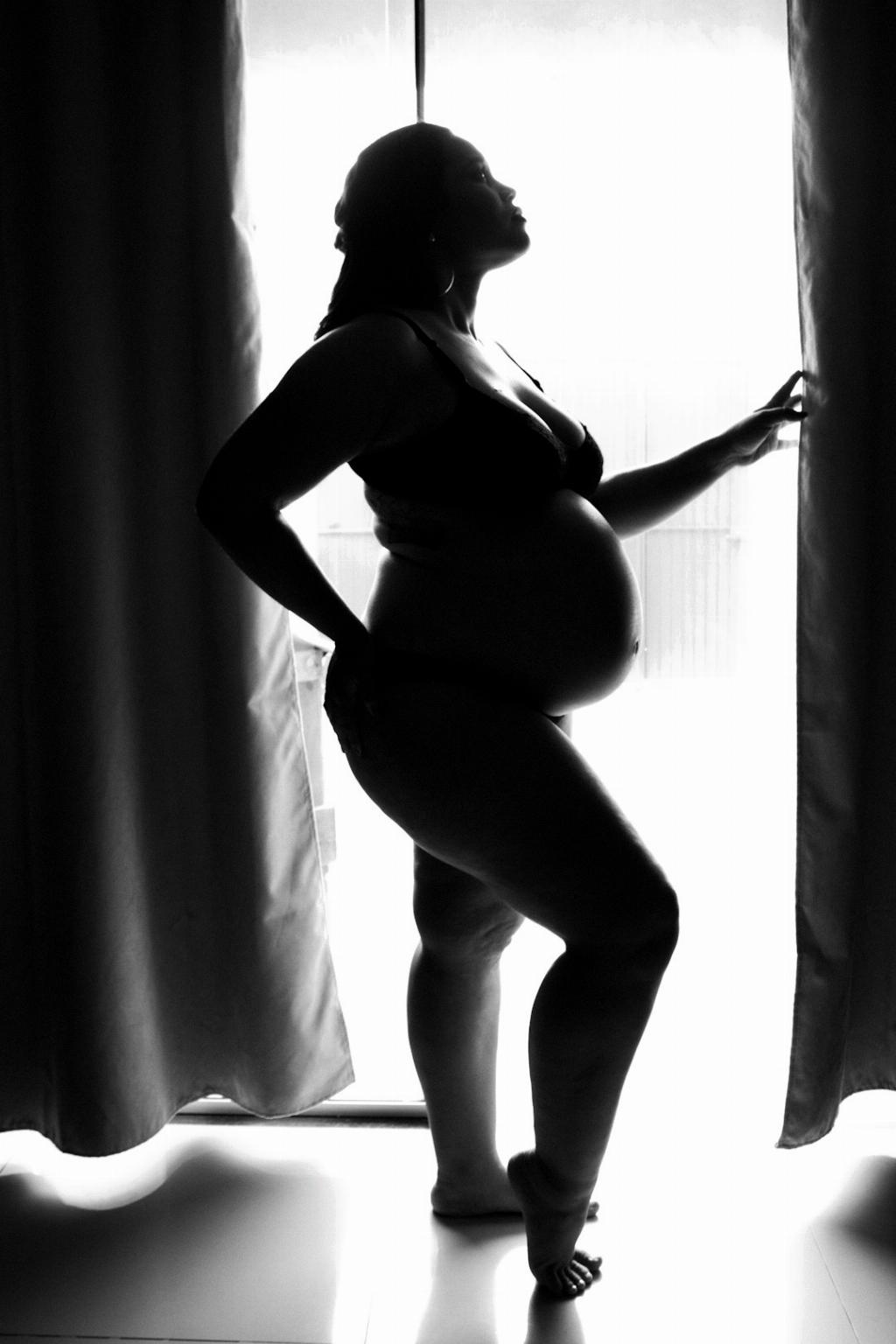When it comes to the question of whether you will test positive if you have implantation bleeding, it’s important to consider the timing and factors involved. Implantation bleeding occurs when a fertilized egg attaches to the lining of the uterus, typically happening around 6-12 days after ovulation. This process triggers the production of hCG, the pregnancy hormone, but at levels that may not be detectable by a home pregnancy test right away.
Home pregnancy tests work by detecting hCG levels in urine. However, because hCG levels may still be low during the early stages of pregnancy, testing too soon after implantation bleeding can result in a false negative result. It’s essential to wait until a few days after the implantation bleeding stops to get a more accurate reading.
For those who are eager to know their pregnancy status earlier, consulting with a healthcare provider about a blood test can provide more conclusive results. Blood tests are more sensitive and can detect lower levels of hCG, making them a more reliable option for early pregnancy detection.
Implantation bleeding itself is usually lighter and shorter in duration than a typical menstrual period. It may present as light spotting or a light flow and is often accompanied by mild cramping. While some women may mistake it for the start of their period, the timing and characteristics of implantation bleeding can help differentiate between the two.
It’s essential to note that not all women experience implantation bleeding, and its presence or absence does not necessarily indicate pregnancy. Additionally, the timing of implantation and the subsequent rise in hCG levels can vary from woman to woman, further emphasizing the importance of waiting for the right time to take a pregnancy test.
Factors such as the sensitivity of the pregnancy test, the concentration of hCG in the urine, and the timing of testing all play a role in the accuracy of the results. Taking a test too early or too late can impact the outcome, so it’s crucial to follow the recommended guidelines for the specific test being used.
If you suspect you may be pregnant after experiencing implantation bleeding, it’s advisable to wait a few days post-bleeding to take a home pregnancy test for more reliable results. Discussing your concerns and options with a healthcare provider can also provide clarity and guidance on the next steps to take.
Remember that pregnancy tests are most accurate when taken at the appropriate time, as outlined in the instructions provided with the test kit. Waiting for the right moment to test can help avoid unnecessary stress and uncertainty associated with false results.
In conclusion, while experiencing implantation bleeding may be a sign of early pregnancy, it does not guarantee a positive pregnancy test result. Patience and timing are key when it comes to testing for pregnancy, and consulting with healthcare professionals can offer valuable insights and support throughout the process.

